My £87 million prize for anyone who can stop ageing
Peter Diamandis, a 63-year-old tech tycoon and friend to billionaires the world over, plans to live another 100 years so he can see us colonise Mars and have a conversation with our dogs. Really. “This is the most extraordinary time ever to be alive. Do we have problems on the planet? 100 per cent. Do we have the tools more than ever to solve them? Yes, by 1,000-fold.”
Chief among those problems? Death. And the California-based Diamandis is intent on doing something about it.
The founder of the X Prize opened applications last week for one of his organisation’s largest and most ambitious competitions: $111 million (£87 million) for a team or company that develops a single treatment capable of reversing by 20 per cent the effects of ageing on muscles, cognition and the immune function. Requiring all three conditions to be addressed is a high bar.
But Diamandis is convinced that we are on the cusp of a great leap forward in longevity due to a confluence of factors. These include a revolution in the approach to ageing research, a host of advances in animal (but not yet human) trials, and the obsession of a growing number of billionaires who have become laser-focused on living, if not forever, for a very, very long time.
Diamandis’s aim is to push humanity to “escape velocity”, the controversial notion that anti-ageing advances will eventually outpace the natural process of getting older. That we can, collectively, stop the biological clock. “I had kids at age 50, and I want to see them and their great grandchildren. I know the ravages of ageing are coming, so let me do everything I can to die as late as possible.”
To speed this future, he is using the X Prize Foundation, which he set up 30 years ago. The organisation has launched more than 30 competitions, each of them funded by wealthy individuals, groups or companies, and which pay out only if a team actually meets the stated goal. Past prizes range from a $1 million contest aimed at developing apps to help “low literacy” adults learn to read, to a $119 million contest launched this year for breakthroughs in desalination.
The one that put X Prize, and Diamandis, on the map, was its first: the 1994 Ansari X Prize, which offered $10 million to the first private company to make a reusable spaceship. Scaled Composites, a small California firm, won the prize in 2004. Sir Richard Branson bought the company, which formed the basis for his Virgin Galactic space-tourism business and catalysed the private space industry.
Next on Diamandis’s list? An “interspecies two-way communication” prize for anyone who can leverage artificial intelligence to allow humans to speak with animals. He said: “They’re communicating with themselves on a reliable basis. The data is there and large-language models will give us the ability to interpolate between species.”
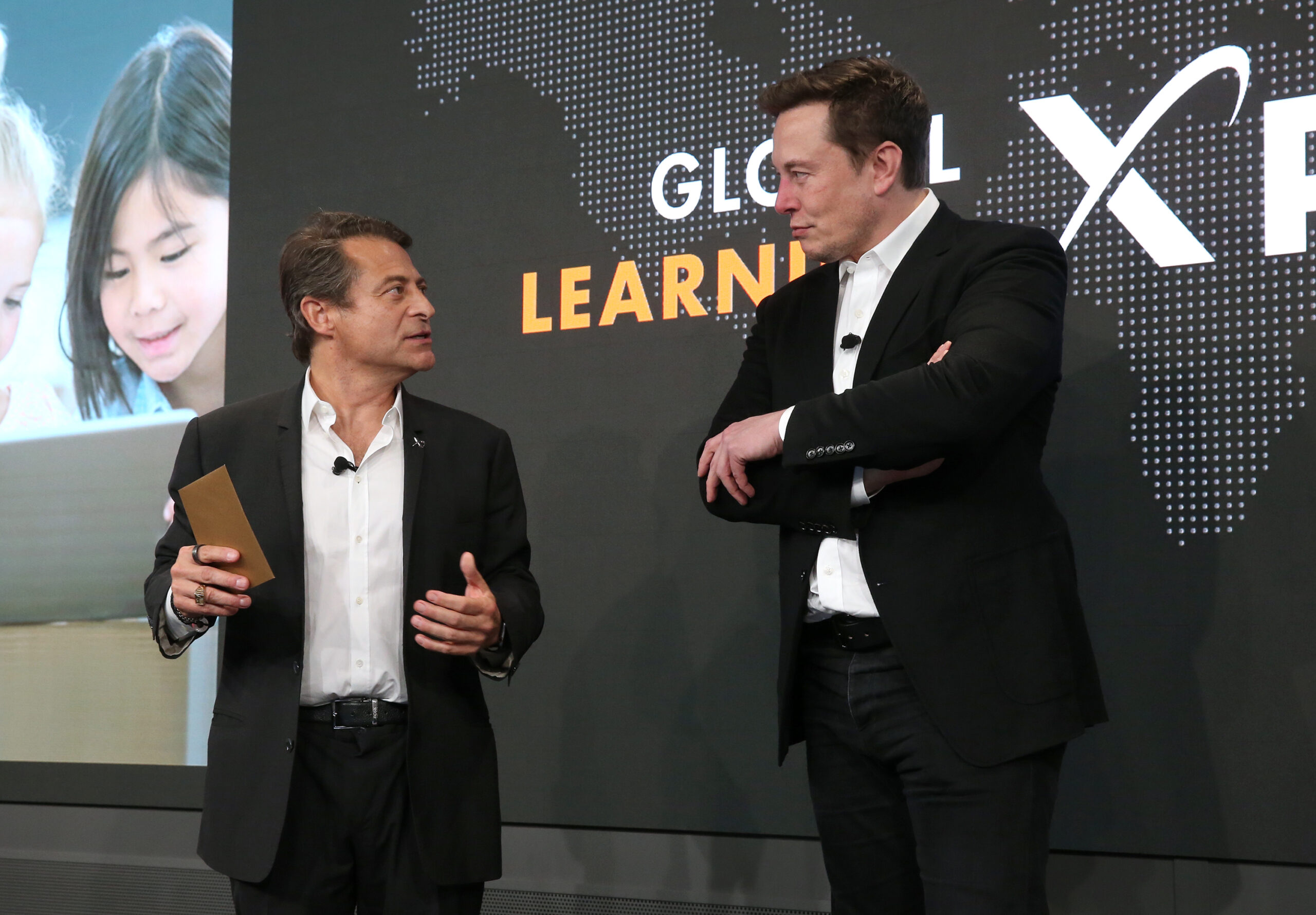
His immediate goal, however, is not dying. “I need another 100 years of lifespan to enjoy and see the future I want,” he said. Aside from talking to one’s dog, the future he wants includes humans living on Mars and mining asteroids.
Diamandis has honed a unique skill: separating billionaires from their money by matching them with causes they hold dear. “I am railing against the amount of wealth that is… doing nothing. I have a large number of friends who have tens of billions and hundreds of billions of dollars, and the money is sitting in the bank account earning more money, or being used to buy yachts and homes. Why isn’t this capital being deployed to make a dent in the universe?”
To wit, when Elon Musk saw his net worth surge in 2021 to make him the world’s wealthiest man, Diamandis texted him about funding a prize for the removal of carbon dioxide from the air or sea. “He was getting a lot of flak for not being philanthropic, so I said, ‘How about another prize?’ ” Diamandis explained. “He texted back, ‘Sure’.” Musk put up the entire $100 million for the prize, plus $20 million to run the competition. Since the launch of the competition, a field of 6,000 applicants has been whittled down to 300 finalists. A winner will be chosen next year.
The funding for the longevity prize was led by Hevolution, Saudi Arabia’s ambitious anti-ageing initiative, along with billionaires such as Christian Angermayer, the London-based longevity and psychedelics investor, and Chip Wilson, founder of the Lululemon apparel empire.
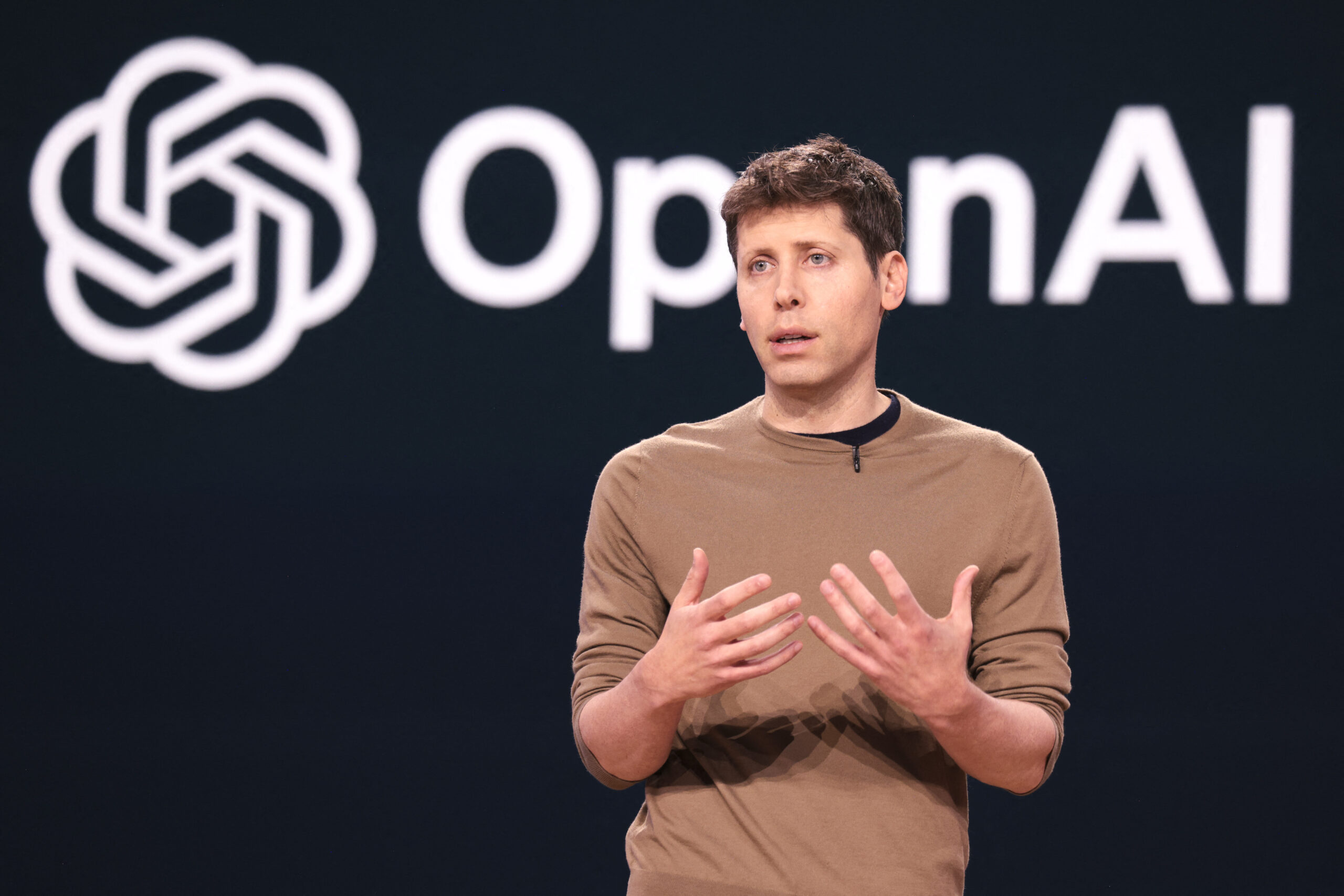
James Peyer, chief executive of Cambrian Bio, which incubates and funds longevity drugs, said: “What the X Prize has done historically, and what it is doing here, is bringing lots of serious attention to the space.”
The question is whether it will truly move the needle. In the past five years, investors have poured billions of dollars into longevity start-ups amid a scientific shift in which ageing has come to be seen not as an inevitability but rather an ailment that can be treated. The resulting rise of “geroscience” as a respected discipline, combined with promising results for a number of potential anti-ageing treatments in animals, has opened the floodgates — specially among tech billionaires such as Coinbase founder Brian Armstrong and OpenAI’s Sam Altman, who have put swathes of their personal wealth into this new generation of start-ups.
Peyer, who said his company will “probably” enter the competition, does not expect it to unleash a new wave of researchers, but instead to motivate those already working on one aspect of ageing to raise their sights to a treatment that addresses all three of the targets laid out in the prize.
He said: “Companies that are already going to be successful in this broader ageing space will see this as an opportunity to run an extra trial to see if they can win the prize.”
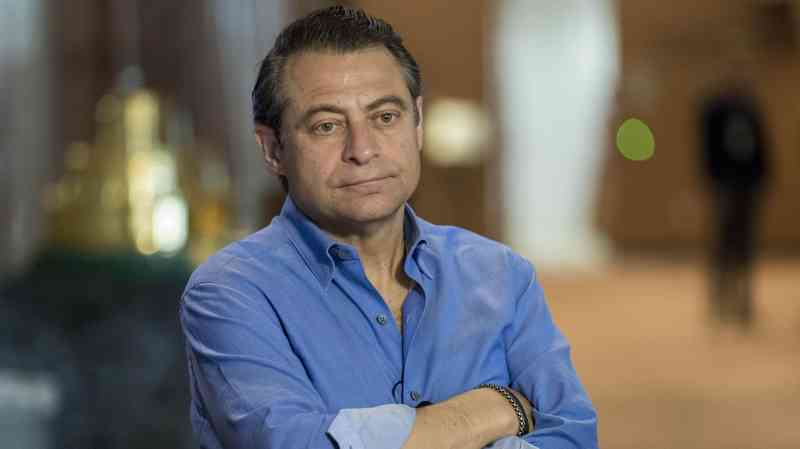
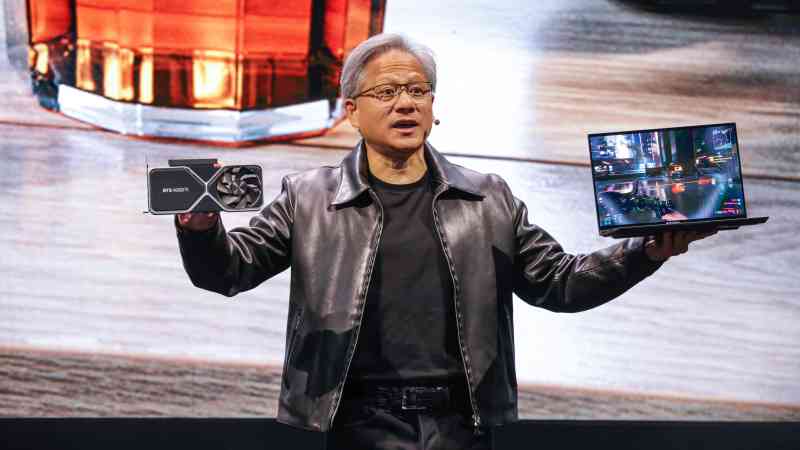
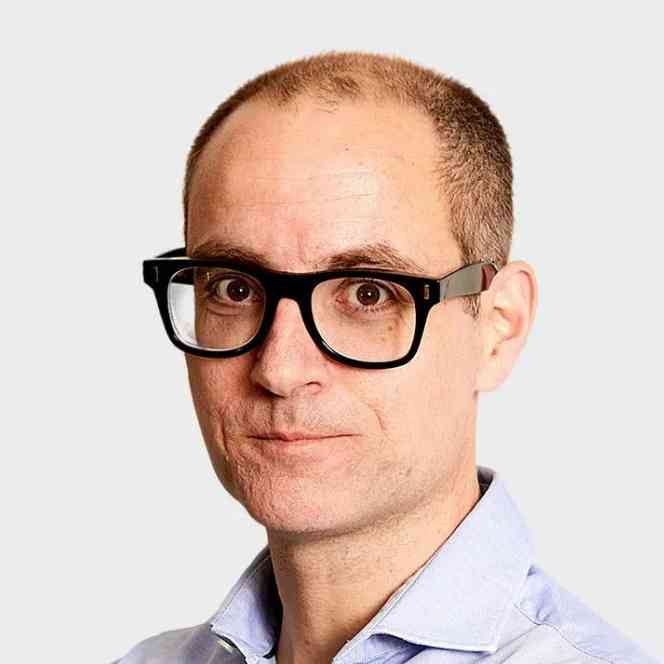
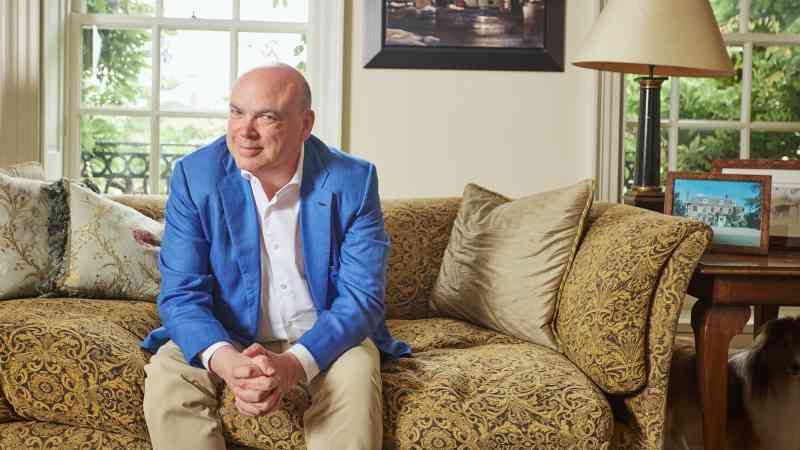
Post Comment